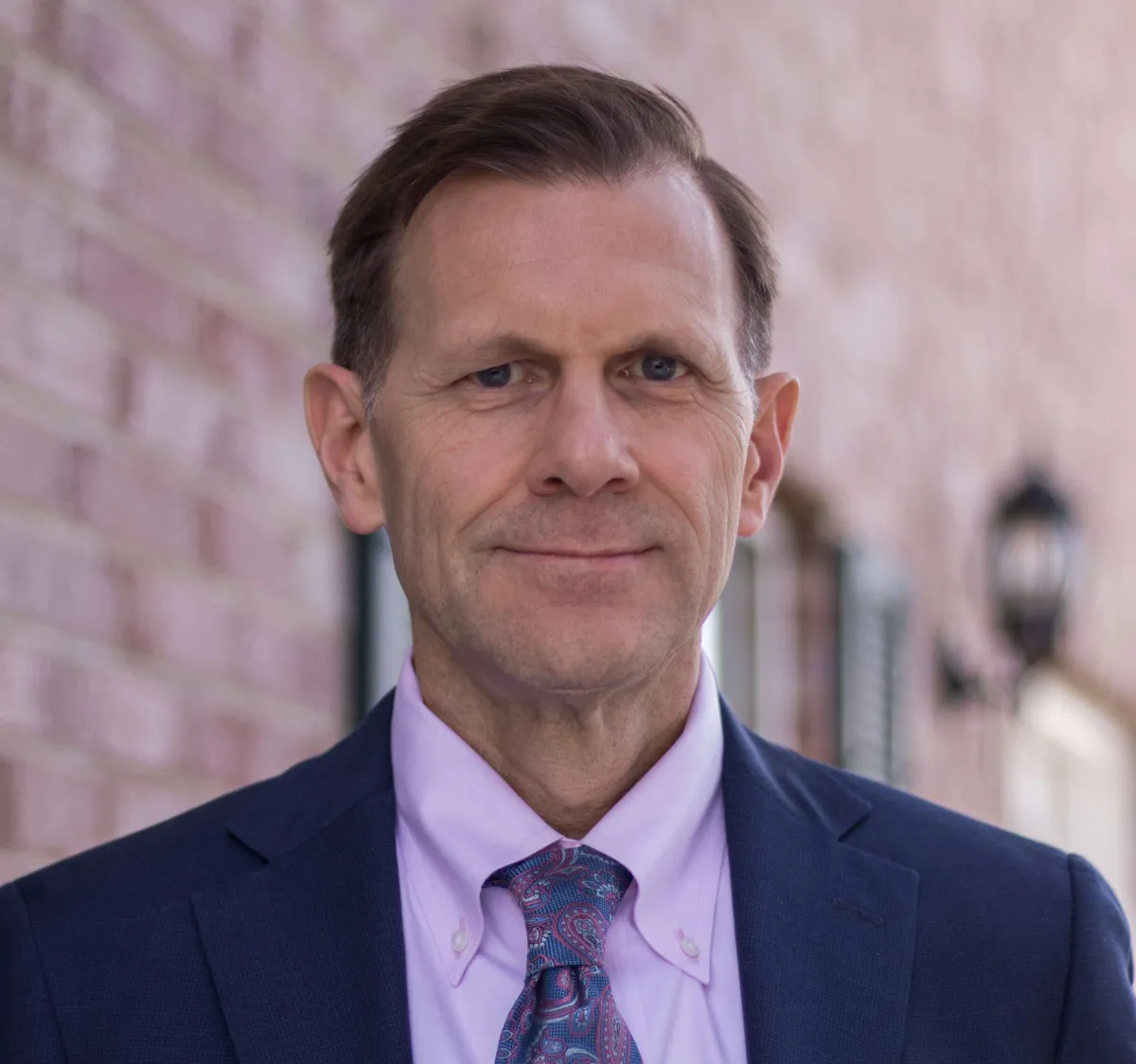Prestige Wellness Institute
blog

THE POWER TO BE YOU AGAIN
Many people complain of fatigue. They find themselves having to load up on caffeine all day to keep going. They have a hard time focusing, and complain of brain fog.
When Sonia first came to my office, she was miserable. “I was ready to kill my husband. He drove me crazy!” She was also depressed, had no energy, no libido, insomnia, and frequent hot flashes. Her doctor had prescribed some estrogen cream, which helped a little bit. Hearing from a friend about “the hormone doctor in Utah,” Sonia made the trip from Wyoming to our Springville office.
Since that day fifteen years ago, Sonia has enjoyed life like never before. At age 67, nothing slows her down. As long as she doesn’t allow her testosterone to run out, she loves and adores her husband. She enjoys intimacy more than when they were first married forty-eight years ago. She has all the energy she needs. Sleeps well. Has no hot flashes.
People don’t appreciate the importance of hormones to health and quality of life until their hormone production fizzles. For women, this usually occurs fairly abruptly, around the same time they celebrate the end of their periods.
For men, it tends to occur more gradually, most often the result of toxins accumulated over a period of decades.
Many people complain of fatigue. They find themselves having to load up on caffeine all day to keep going. They have a hard time focusing, and complain of brain fog. After work, all they want to do is sit on the couch and watch TV because they don’t have the motivation or energy to do anything else. Irritability, impatience, and even anger, are common. Intimacy becomes a chore, often painful, sometimes even repulsive. Instead of getting stronger after workouts, they just get more tired. Things that used to bring pleasure no longer spark any interest. Many men and women with testosterone deficiency gain weight for no reason and become anxious and/or depressed.
Presented with these symptoms, well-meaning physicians check a few basic labs, diagnose depression, and prescribe antidepressants. Unfortunately, while this makes life more tolerable in some cases, it misses the boat. Antidepressants can’t restore the energy, muscle strength, and brain function that only come from testosterone. Equally problematic, antidepressants have no beneficial effect on the risk of heart disease, stroke, Alzheimer’s, osteoporosis, diabetes, arthritis, breast cancer, and prostate cancer that studies show stem from testosterone deficiency.*
If you thought testosterone was just for men, you would be in good company. Because we are taught far more about prescription drugs than hormones in medical school, doctors don’t realize that a menstruating woman produces approximately ten times as much testosterone as estrogen. Moreover, we are not taught that every cell in the body—except red blood cells—has receptors for testosterone.
In other words, testosterone directs the activities of cells throughout the body, not just the brain, muscles, and sex organs.
Unlike thyroid and cortisol, you can live without testosterone. You just won’t live as long or as well without it. Every marker of health declines in the absence of this vital hormone. You might be tempted to say, “Well, I’m just getting older.” You would be right, but that is not why your health is declining. Chances are, much of the reason you are fizzling out is because your testosterone production is dropping off.
Many women in menopause, and even before menopause, find that testosterone replacement gives them their life back. Men who are deficient discover the same thing. But how you get testosterone matters. Taken orally, testosterone is highly inflammatory because it goes through the liver—where it wasn’t designed to go—before it gets into the bloodstream. Injections into muscle skip the liver but contain side chain chemicals that are not native to the human body. Gels and creams that are rubbed into the skin are much safer than these other forms, but suffer from uneven absorption and do not last very long.
For these reasons, in our experience, most people prefer small pellets that are implanted beneath the skin during a painless in-office procedure. Pellets release hormones 24/7/365 on an as-needed basis and are used up over a period of 3-6 months, depending on the person.
If your doctor has checked your testosterone and informed you that your level is normal, be sure to consult with a doctor who has obtained advanced training in hormone replacement. “Normal” hormone levels are based on population averages. As the American population has gotten sicker, the average testosterone levels in both men and women have declined significantly. So you’re not just imagining things when you suspect your level is low but are told everything’s fine.
There are, of course, several other possible reasons for feeling crappy, but the usual labs aren’t going to identify them, and an antidepressant isn’t going to solve them.
When two other doctors and I introduced hormone pellet therapy to the Intermountain West over 20 years ago, patients eagerly embraced it. Looking for alternatives to treatments that only addressed some of their symptoms and increased their risks of undesirable diseases, people like Sonia traveled great distances to see us. They still do. But most doctors were understandably skeptical, unaware of over 60 years of published research on the practice. As the public has become increasingly educated about hormone deficiencies and treatment options, however, even gynecologists, urologists, and nurse practitioners are jumping on board.
But there is more to hormone replacement than taking a weekend course and learning how to insert pellets beneath the skin. A lot more. This is why you need to make sure your doctor attends regular trainings—my staff and I attend six to eight national conferences in an average year—to learn the latest about hormones and their relationship to every system in the body.
If you think hormone deficiency might be causing some of your symptoms, or have no idea what is causing them but know that things aren’t right, call us at (435) 315-2726 for a second opinion. You don’t have to leave the excellent doctor you already have and love, any more than you would give up your regular doctor when you need to see a neurologist, cardiologist, surgeon, or dermatologist.
*Neither God nor Mother Nature has submitted human hormones to the U.S. government for approval as drugs. Consequently, hormones are neither permitted nor claim to diagnose, prevent, treat, or cure any disease.
When you’re ready,
☎️ Call 435-315-2726 to get back on the road to health.

Ray Andrew, MD
Dr. Ray Andrew is a board-certified doctor of medicine. After obtaining is Honors Bachelor of Arts in English Literature from the University of Utah, he attended Saint Louis University School of Medicine and obtained his doctorate in Medicine (M.D.). He then completed residency training at the University of Missouri at Kansas City. He has been practicing medicine since 2002. Dr. Andrew specializes in Functional, Metabolic, and Anti-Aging Medicine with offices in Moab and Springville, Utah.
LET US ANSWER YOUR QUESTIONS
We look forward to meeting you.
We'd love to hear from you! Please send us a message using the form below, request an appointment using our convenient appointment request form or call us today at (435) 210-0184.
Copyright © 2026 Prestige Wellness Institute. UT. All rights Reserved.
Disclaimer
The information on this website is not intended to replace your physician and is not intended as medical advice. It is intended for educational purposes. Dr. Andrew and Prestige Wellness Institute encourages you to make your own health care decisions based upon your research and talk to your health care provider before making lifestyle changes.


